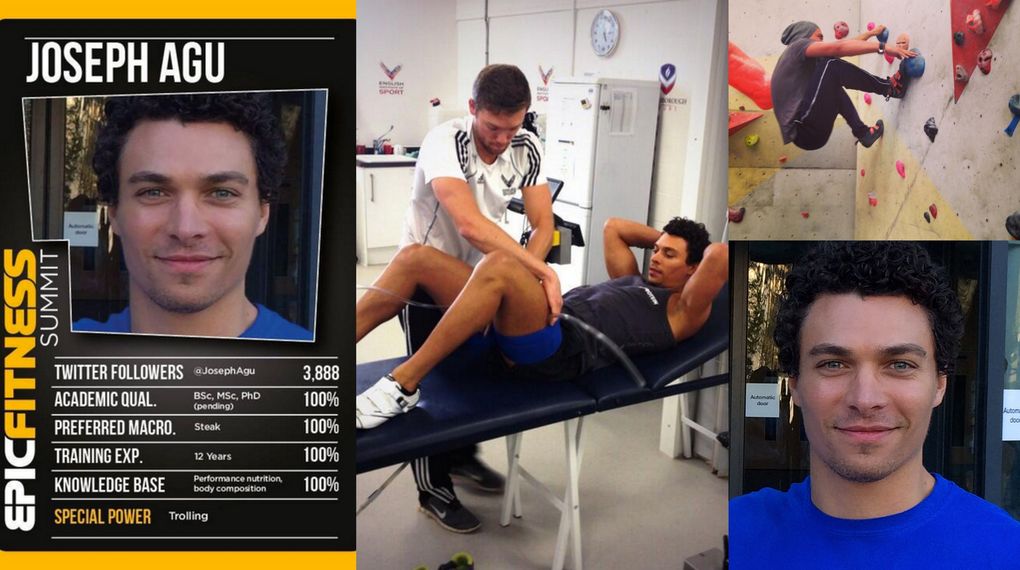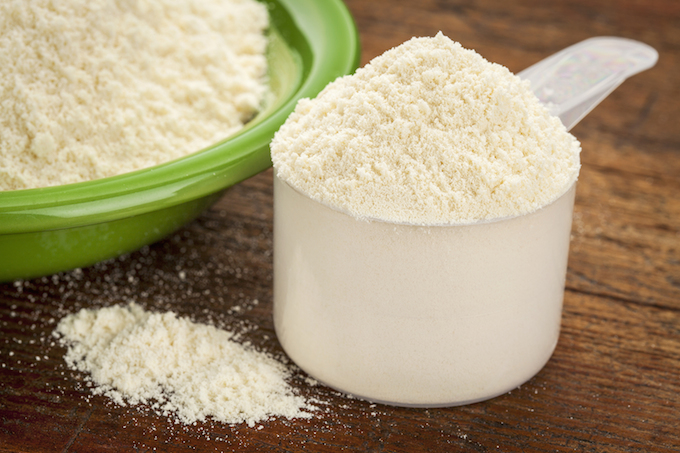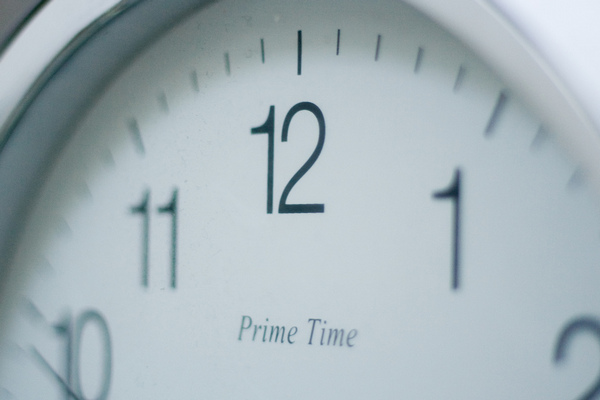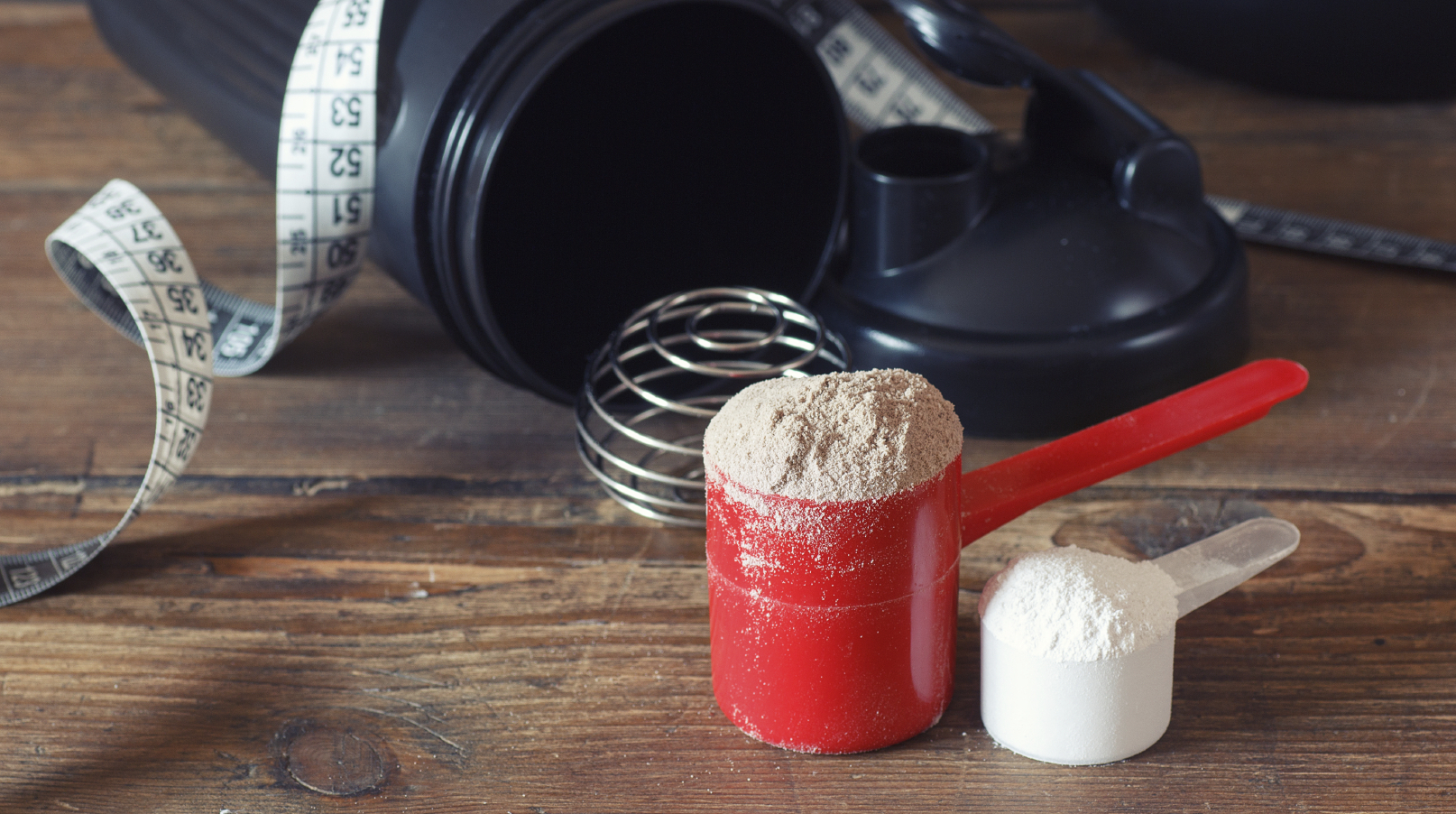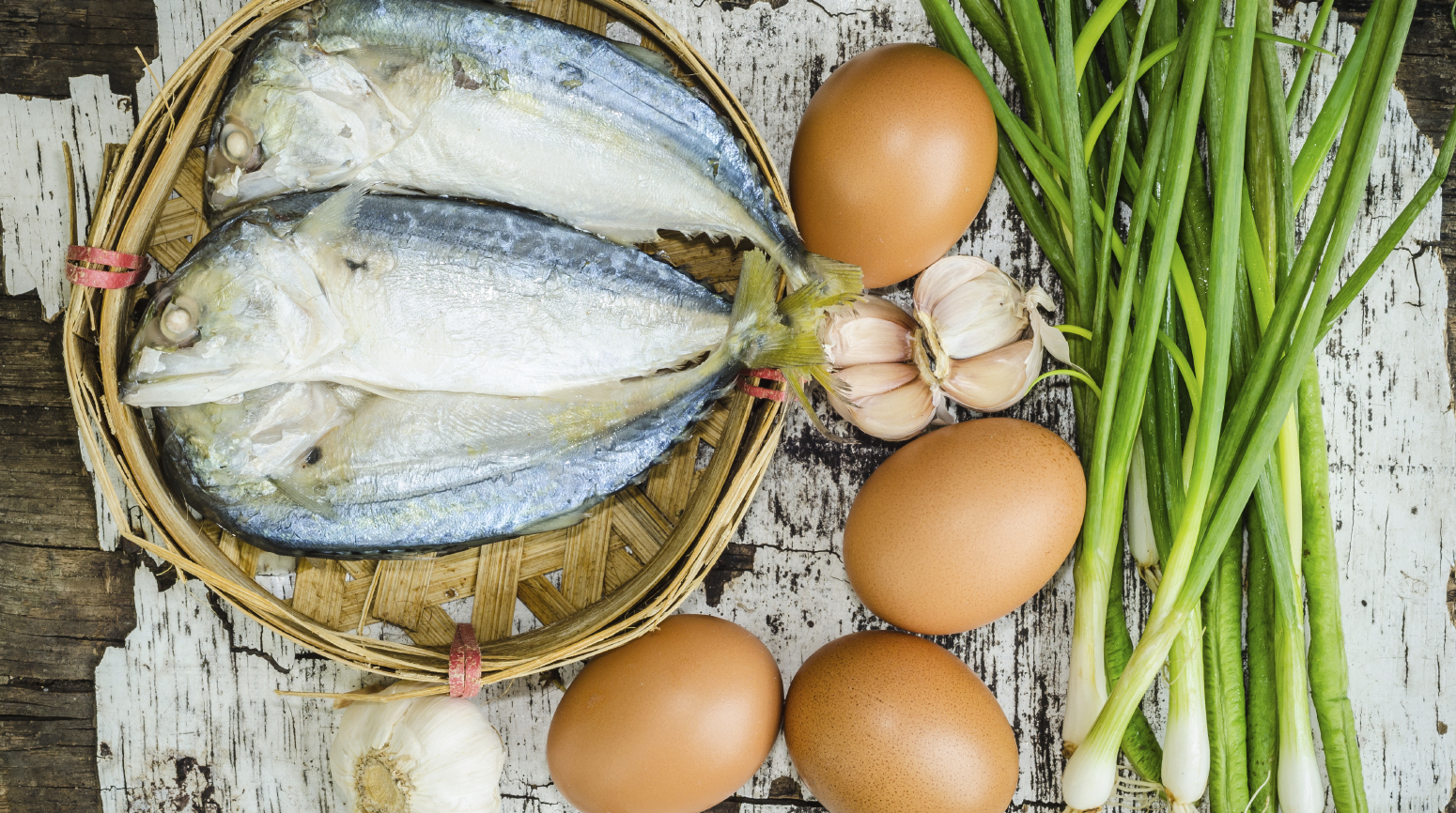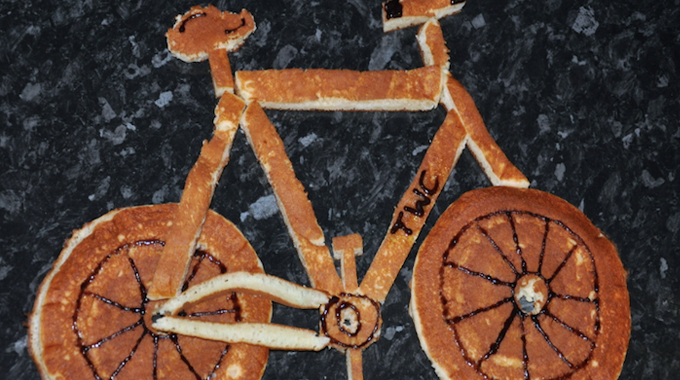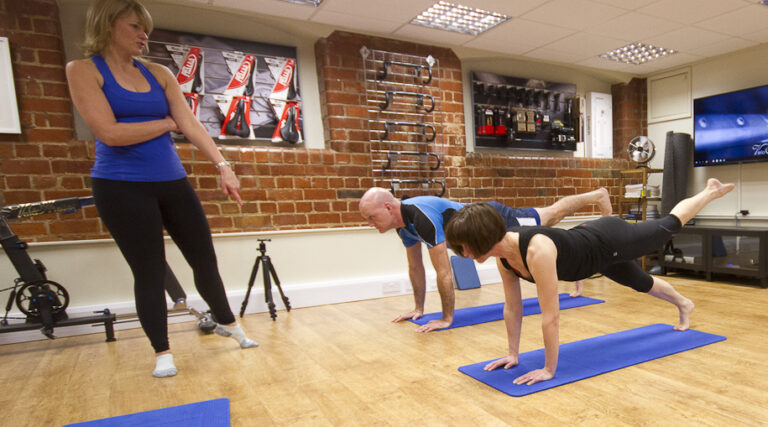If we want to up our protein intake, what’s the best thing to do – eat high protein food or reach for supplements?
The main advantages of consuming a supplement like whey protein is they’re cheaper on a gram per gram basis in terms of the protein you get. They are high quality – which means the leucine content of that protein is very high.
Protein Powder Recipe: Peanut Butter Frozen Fudge
Protein Powder Recipe: Apple, Flax, and Cinnamon Doughnuts
Protein Powder Recipe: Spinach & Chocolate Frozen Yoghurt
Whey protein typically contains 8-14% leucine, whilst meat might contain roughly 7-8 % of leucine. It’s leucine which is the main trigger for initiating protein synthesis. That’s why they often say to have 30g protein, because that contains around 3g leucine which is at the upper end of what’s required to maximise protein synthesis.
Protein is portable, too – it’s easy and quickly digested, so if you’re preparing for a specific event protein products are great. Though there are other forms, Whey protein is quickly absorbed, cheap to produce and high quality.
However – outside of competition, my advice would be to consume as much as you can from food sources, and then use supplements to fill in those gaps. Food has advantages – in my opinion and in most people’s opinion it’s better tasting, often more satiating, and eating a meal is a part of socialising.
There are some ‘women’s specific’ protein products – is it all just marketing?
It’s all marketing really. They’ll usually put some pink packaging on and label it as a women’s diet product. If you get a good quality whey protein isolate that’ll be pretty much pure protein with no fat and carbs – so essentially that is a diet protein anyway.
If that gets people consuming more protein and realising their potential in their exercise that’s a good thing. And not to make a blanket statement, but I think a lot of women are reluctant to take protein products as they tend to be associated with guys in the gym with big biceps – but I do think that stereotype is changing and there are more women are using protein products without a second thought. The only disadvantage of that marketing is these products tend to carry a higher price tag so in those cases it might be better to buy from the standard range.
Joseph offers clinical and performance centred nutritional advice and you can read more about him and his services here. He also writes for MyProtein.com, where you can find a host of protein products at genuinely competitive prices.
